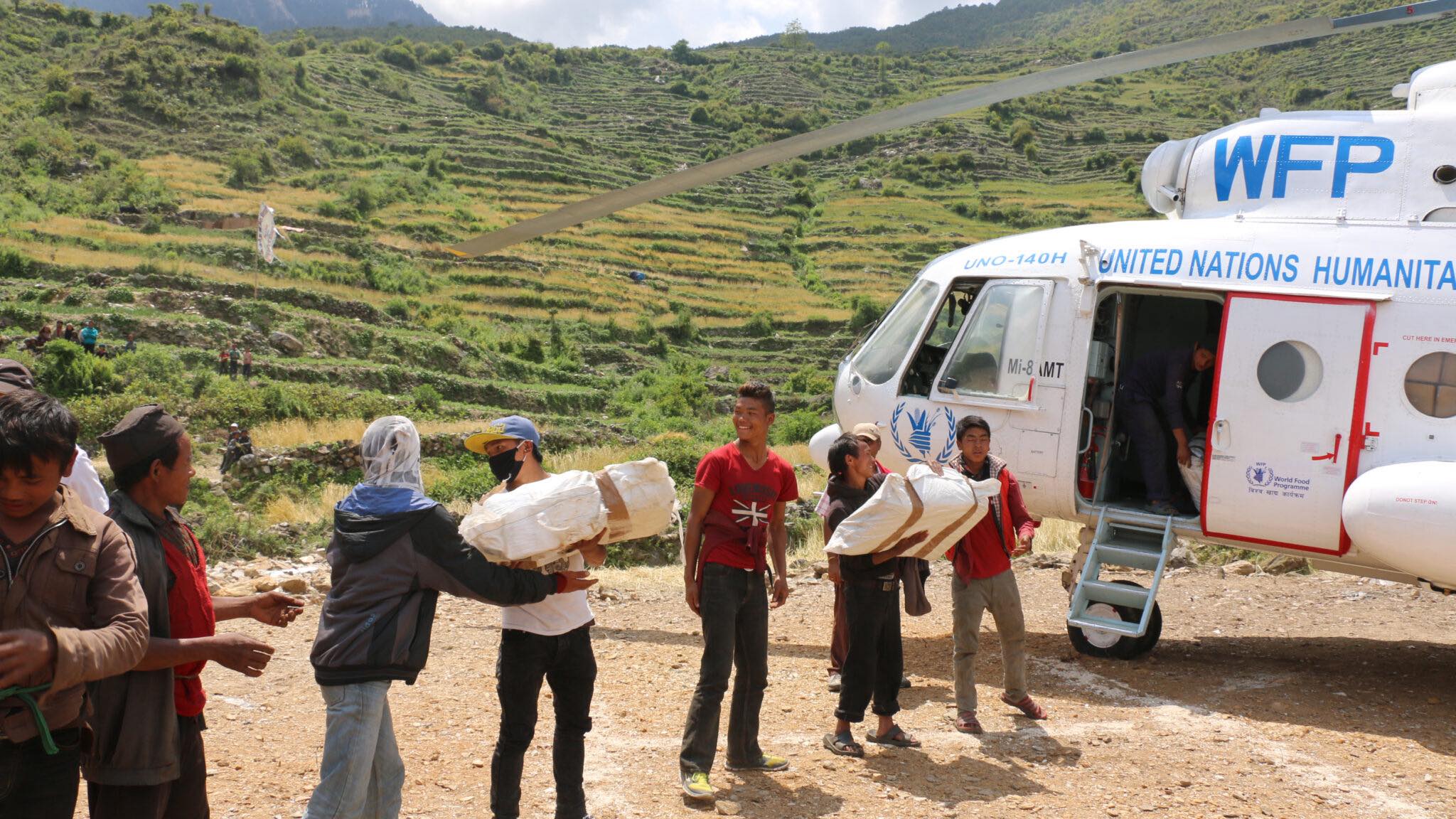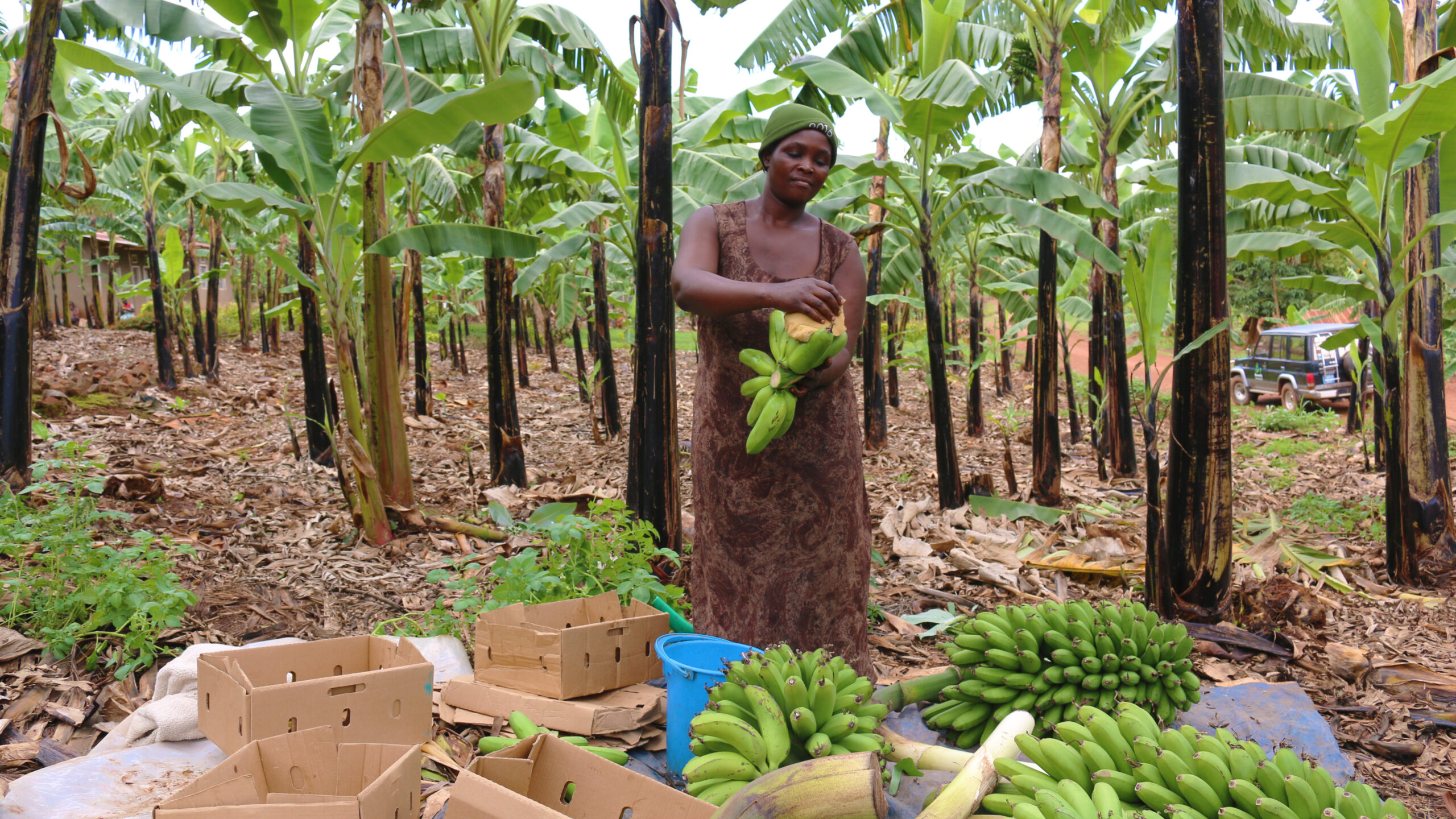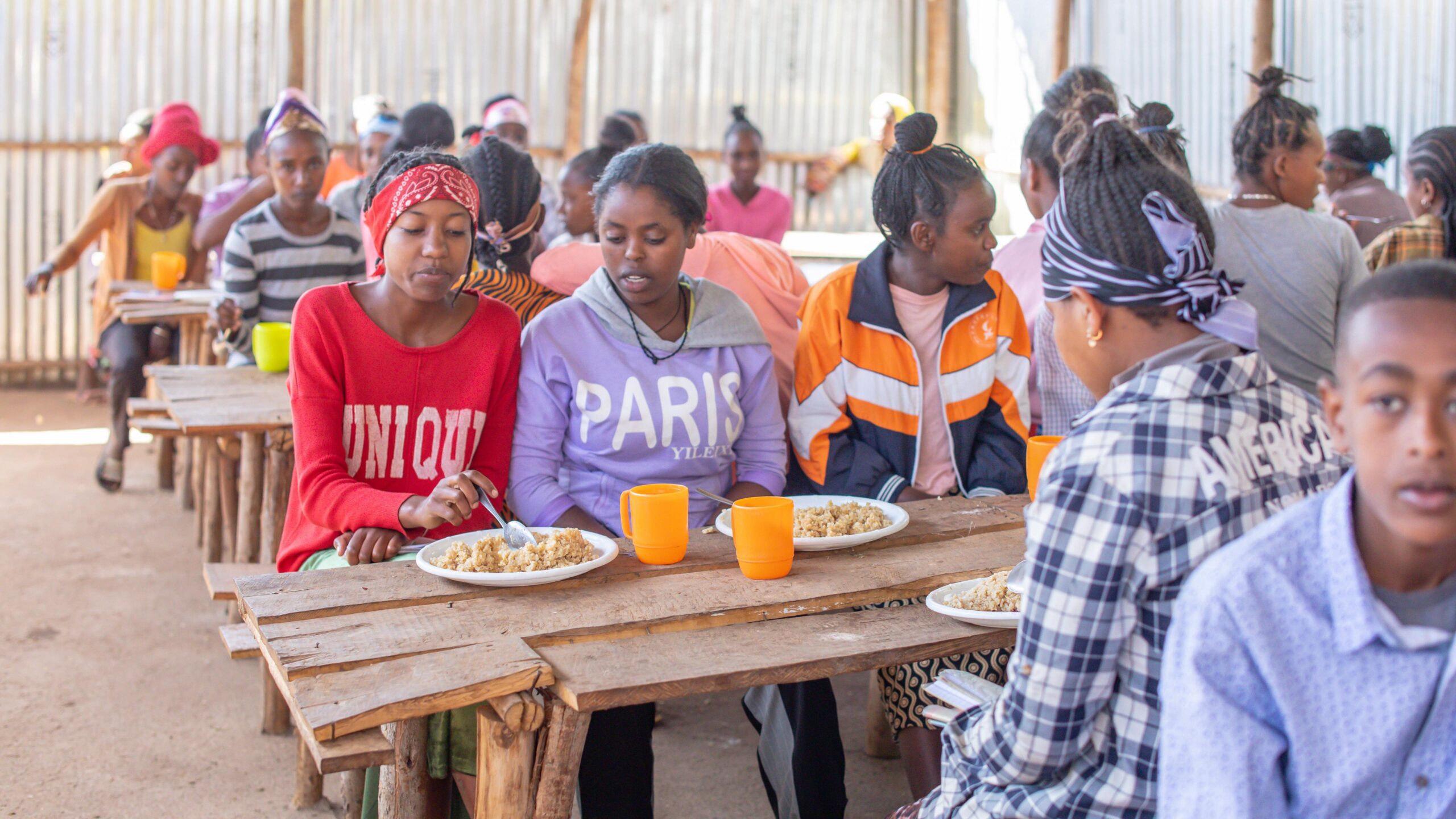The Bill & Melinda Gates Foundation’s recently-released 2017 annual letter is addressed to Warren Buffett, one of the early and largest benefactors of the foundation, and reflects on the impressive advances the world has made in global health. For example, since 1990, 122 million children’s lives have been saved and the number of childhood deaths per year has been cut in half, thanks mostly to interventions such as vaccines, support for exclusive breastfeeding, and skilled birth attendants.
IFPRI’s longstanding partnership with the Gates Foundation has made important contributions in the areas of nutrition and health. The Foundation’s support of HarvestPlus, for example, has enabled the alliance to reach 20 million people with biofortified or micronutrient-rich varieties of staple food crops such as vitamin A orange sweet potato, cassava, maize, and iron beans. HarvestPlus’s goal is to reach 1 billion people by 2030, helping them combat micronutrient malnutrition. This focus on the intersection of agriculture and nutrition is a longstanding one. In 2011, IFPRI convened and the Foundation supported the “Leveraging Agriculture for Improving Nutrition and Health” conference in New Delhi, prompting the Foundation to identify areas where it could make cross-sectoral investments, including biofortification, smallholder farmers, and mycotoxins in food crops. In this same vein, the Tackling the Agriculture-Nutrition Disconnect in India (TANDI) project probed why undernutrition in India persists despite strong economic growth, and helped policymakers reach consensus on the ways in which the agriculture sector could help fight undernutrition. IFPRI continues to engage in this type of work with such projects as Advancing Research on Nutrition and Agriculture (AReNA), which studies agriculture-nutrition linkages using data from 60 countries.
The IFPRI-Gates Foundation collaboration has often homed in on specific countries. Partnerships and Opportunities to Strengthen and Harmonize Actions for Nutrition in India (POSHAN) aims to increase the use of nutrition evidence in policy decision-making, while another India-based effort is evaluating work carried out by the nongovernmental organization PRADAN to design and implement a community-based nutrition intervention benefiting women and young children. In Bangladesh, Ethiopia, and Vietnam, IFPRI joined the FHI360-led project Alive & Thrive to evaluate the impact of promoting improved infant and young child feeding practices at scale through different platforms—the first project of its kind—with the goal of reaching 26 million children. IFPRI’s rigorous evaluations revealed the program’s groundbreaking impacts, including an increase of 36 and 28 percentage points in exclusive breastfeeding in Bangladesh and Vietnam, respectively, among mothers of children less than 6 months of age exposed to the intensive vs. non-intensive package of interventions. Other highlights of the IFPRI-Gates partnership are more global in scope. The influential Global Nutrition Report, covered by media worldwide, is a report card on global, regional, and country-by-country nutrition and on efforts to improve it. It owes its influence to its standing as the only comprehensive and annual report on the world’s nutrition. The Millions Fed project offered evidence-based case studies on the most striking successes in agricultural development during the past 50 years, bringing lessons to bear on not only food security but also nutrition in developing countries.
In their letter, Bill and Melinda Gates identify a goal of zero: zero malnutrition, zero preventable deaths, and zero difference between the health of a poor kid and every other kid. IFPRI’s vast nutrition work, supported by the Foundation and other partners, is helping the world move toward zero.
Marie Ruel is the Director of IFPRI’s Poverty, Health and Nutrition Division.







